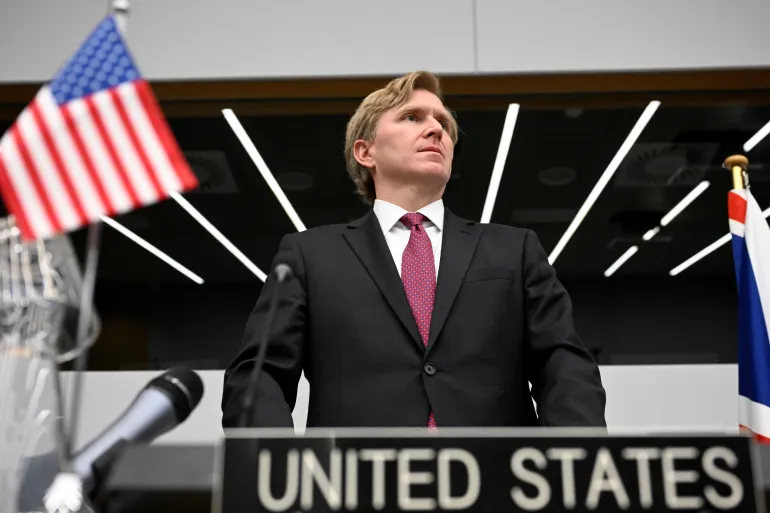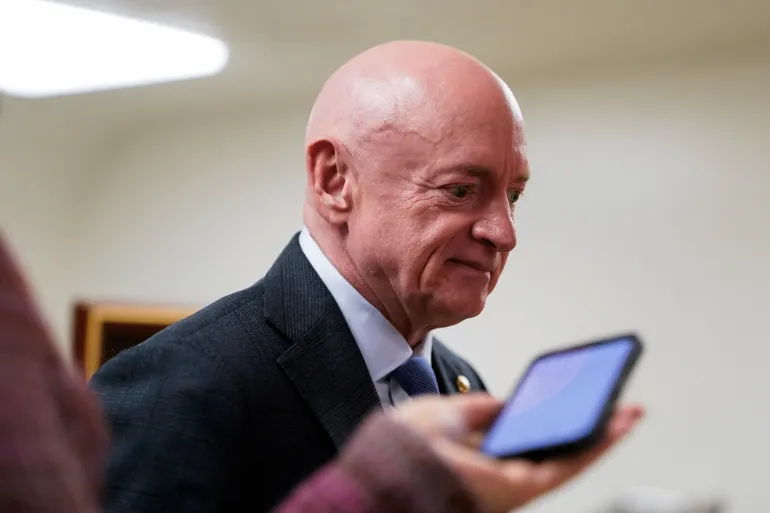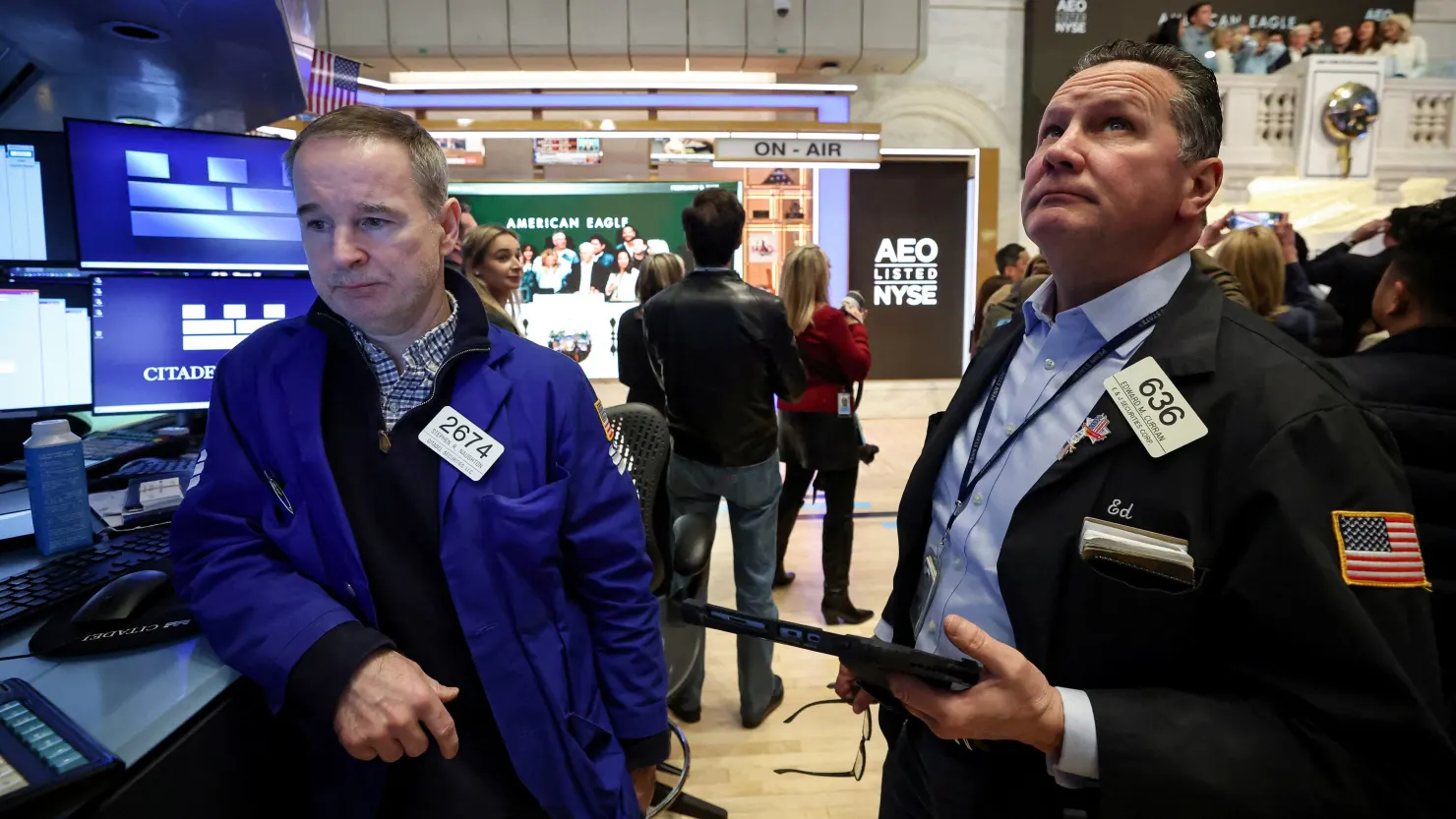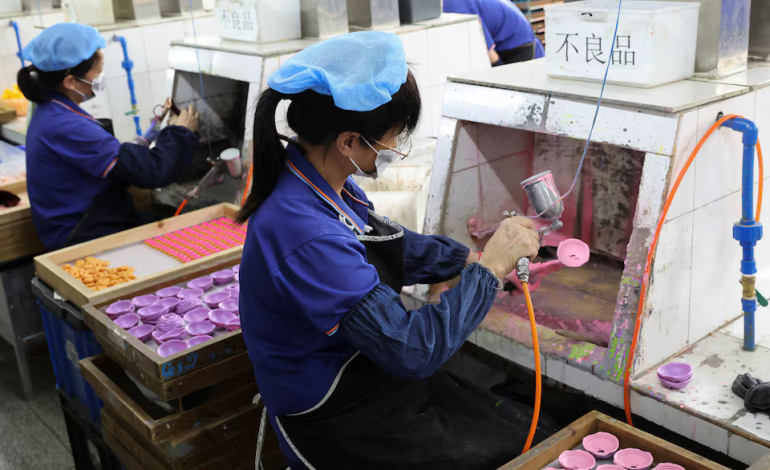A US-owned toy manufacturer in China is facing a severe business crisis as steep tariffs on Chinese imports force dramatic cuts to production, staffing, and operations, Reuters reports.
Huntar Company Inc., a family-owned educational toy manufacturer with a 600,000-square-foot factory in Shaoguan, China, has been reeling since a 145% tariff on Chinese imports took effect on April 9. The tariff, part of a broader US-China trade conflict, prompted a wave of order cancellations from clients, including major US retailers like Walmart and Target.
Jason Cheung, CEO of Huntar and son of the company’s founder, said the factory has since cut production by up to 70%, laid off a third of its 400 Chinese employees, and scaled back wages and hours for remaining workers. Cheung is now racing to find an alternative production site in Vietnam, a task complicated by limited factory capacity, logistical hurdles, and a tight timeframe.
Cheung estimates he has about a month to either relocate operations or risk the company going under.
“Our manufacturing business essentially halted overnight,” he said.
The impact extends beyond China. Huntar employs 15 people in the US and produces its own toy line, Popular Playthings, which it has stopped shipping to the US due to the prohibitive tariffs. The company is now holding $750,000 in canceled inventory.
Huntar’s situation is emblematic of a broader challenge confronting American businesses with operations in China. According to the Toy Association, nearly half of small and medium-sized US toy companies report that tariffs could force them to close within weeks or months.
Despite President Trump’s assertion that tariffs would drive manufacturing back to the US, companies like Huntar say the move is financially and logistically unfeasible due to higher labor costs and lack of infrastructure. Shifting to other countries such as Vietnam has proven difficult as well, with limited space, staff training requirements, and environmental infrastructure needs presenting major barriers.
Meanwhile, Cheung is left in limbo, torn between trying to salvage part of his business by outsourcing production or gambling that trade negotiations will quickly reduce tariffs. Even a proposed reduction to 80%, he said, would not make the business viable.
For Cheung, the struggle is personal. His father, who fled China in 1978 for a new life in the US, started the company 42 years ago with the dream of passing it down to future generations.
“He wanted to see this business continue through me and hopefully his grandkids,” Cheung said.
Now, facing what may be the toughest challenge in the company’s history, Cheung is clinging to hope—and refreshing news about tariffs “five or six times a day,” waiting for a sign things might change.










The latest news in your social feeds
Subscribe to our social media platforms to stay tuned